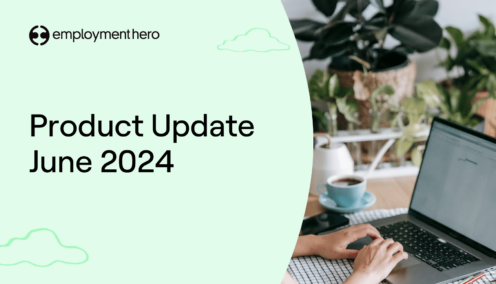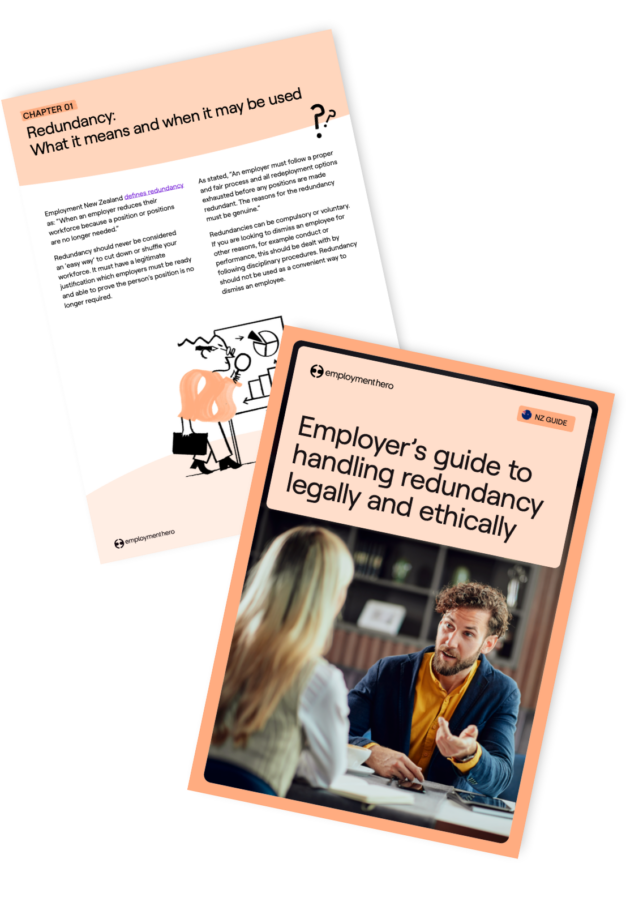
Redundancy has been a big talking point in 2024.
The most notable recession scandal of recent history is, of course, the dramatic layoffs at Twitter under the new leadership of Elon Musk. There’s also been a number of redundancies this year in the public sector, leading to questions about how the private sector will be affected.
Redundancy, in itself, is not a controversial move for a business. No employer wants to make staff redundant, it is the unfortunate reality that sometimes redundancies are a necessary evil of the business world. Times change, circumstances change, and – as a result – businesses are forced to change in order to adapt.
If you, as an employer or leader, find yourself in a position where redundancies are the only option, our thoughts are with you. Through this guide we hope to help you make it as bearable an experience as possible.
Join us as we talk through compliance as it relates to redundancies, common redundancy mistakes to avoid and how to lead with kindness through the redundancy process.
This guide to redundancy covers;
- What is redundancy?
- Alternatives to redundancy
- The laws and regulations behind redundancy in NZ
- Redundancy the right way
- Common redundancy mistakes to avoid
Download the guide now.

Disclaimer: The information in this article is current as at 12 June 2024, and has been prepared by Employment Hero Pty Ltd (ABN 11 160 047 709) and its related bodies corporate (Employment Hero). The views expressed in this article are general information only, are provided in good faith to assist employers and their employees, and should not be relied on as professional advice. The Information is based on data supplied by third parties. While such data is believed to be accurate, it has not been independently verified and no warranties are given that it is complete, accurate, up to date or fit for the purpose for which it is required. Employment Hero does not accept responsibility for any inaccuracy in such data and is not liable for any loss or damages arising either directly or indirectly as a result of reliance on, use of or inability to use any information provided in this article. You should undertake your own research and to seek professional advice before making any decisions or relying on the information in this article.




